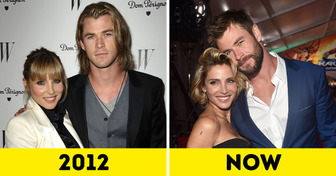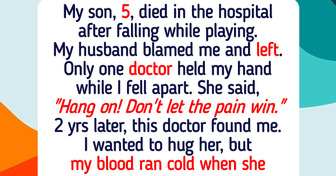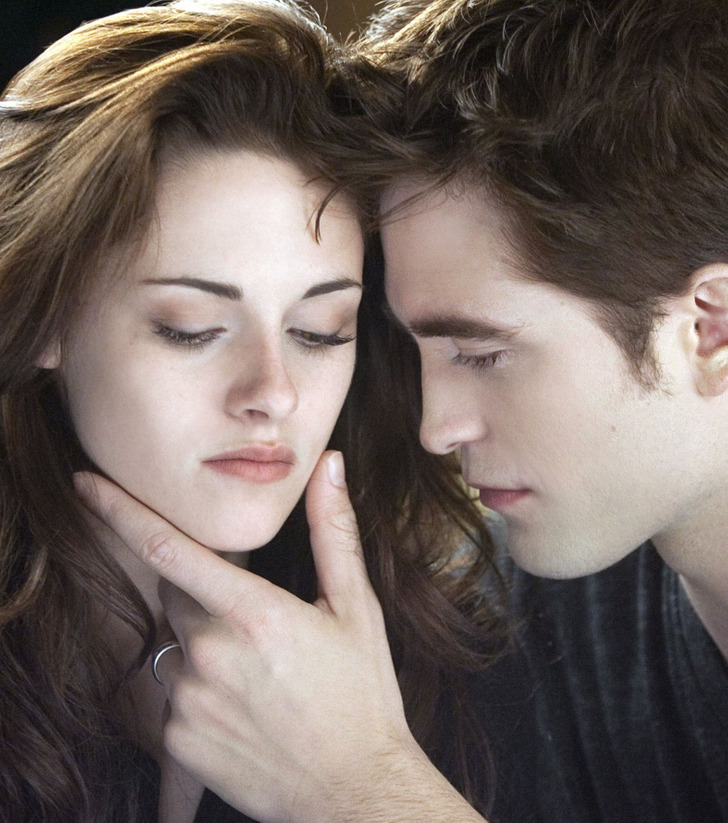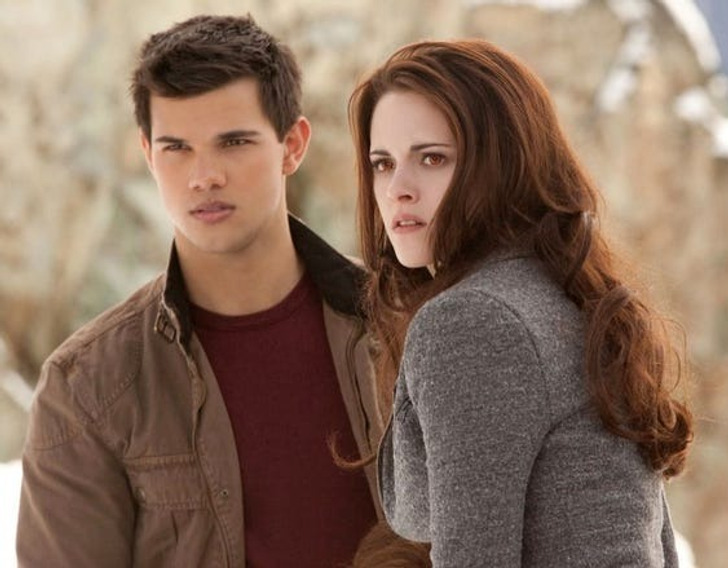what was that all about then!?
Kristen Stewart Reveals Her Latest Opinion on the Twilight Movies and It Might Surprise the Fans

More than 15 years since the premiere of the iconic Twilight series, Kristen Stewart, the actress who brought Bella Swan to life, is revisiting the franchise with a new perspective. See what she has to say.
A “gothic inclination”
Stewart, now 33, expressed her view on the underlying queer elements in the Twilight series, stating, “It’s such a gay movie.” She points to the trio of herself, Taylor Lautner, and Robert Pattinson, emphasizing that the subtle queerness in the narrative was both hidden and not widely acknowledged. Stewart intriguingly notes, “It’s all about oppression, about wanting what’s going to destroy you. That’s a very Gothic, gay inclination that I love.”
The complex love story of Twilight
Twilight, based on Stephenie Meyer’s bestselling novels, revolves around the teenage Bella Swan, her complicated relationships with vampire Edward Cullen (Robert Pattinson) and werewolf Jacob Black (Taylor Lautner), and her eventual transformation into a vampire. While the romantic dynamics primarily focus on heterosexual relationships, Stewart hints at a nuanced queerness that she can now perceive in retrospect.
Evolution of Kristen Stewart’s perspective
Stewart’s recent reflections on the Twilight series align with her evolving understanding of her own sexuality. In a 2019 interview with the Associated Press, she discussed the pressure she felt during the Twilight era to define her sexuality. “I felt this huge responsibility, like one that I was really genuinely worried about if I wasn’t able to say one way or the other, then was I sort of forsaking a side,” she explained. However, Stewart emphasized the freedom to be truthful about one’s identity, stating, “The fact that you don’t have to now is, like, so much more truthful.”
Celebrating authenticity
As an advocate for embracing personal identity, Stewart applauds the younger Hollywood stars who reject labels and openly express their authentic selves. She encourages individuals to explore and be true to their desires, expressing that such an approach would have been perceived differently in high school, where simplicity often prevailed.
As discussions about inclusivity and representation in media continue to gain prominence, Stewart’s reflections provide valuable insight into the nuanced aspects of storytelling that may have been overlooked during the initial release of the Twilight series.
Comments
Related Reads
13 Photos That Will Move Even the Toughest People

How 15+ Celebrity Couples Have Changed Since They Started to Walk the Red Carpet Together

15 Famous Men We Didn’t Know Were Handsome in Their Youth

15+ Celebrities Who Look Totally Different in Their Photos From the 2000s

12 Moments That Teach Us to Stay Kind, Even When Life Becomes Heavy

12 Moments Where Quiet Kindness Turned Strangers Into Family

I Was Denied Sick Leave Because My Boss Said It Was “Inconvenient Timing”

I Refuse to Forgive My Wife for What She Did to My Son

12 Life Moments Where Quiet Kindness Played the Main Role

15 Moments That Show Kindness Is Quiet but Changes Everything

I Funded My Wife’s Luxury Demands—She Made Me Regret Every Penny

12 Moments That Show Romance Is Really About Small Acts of Kindness




